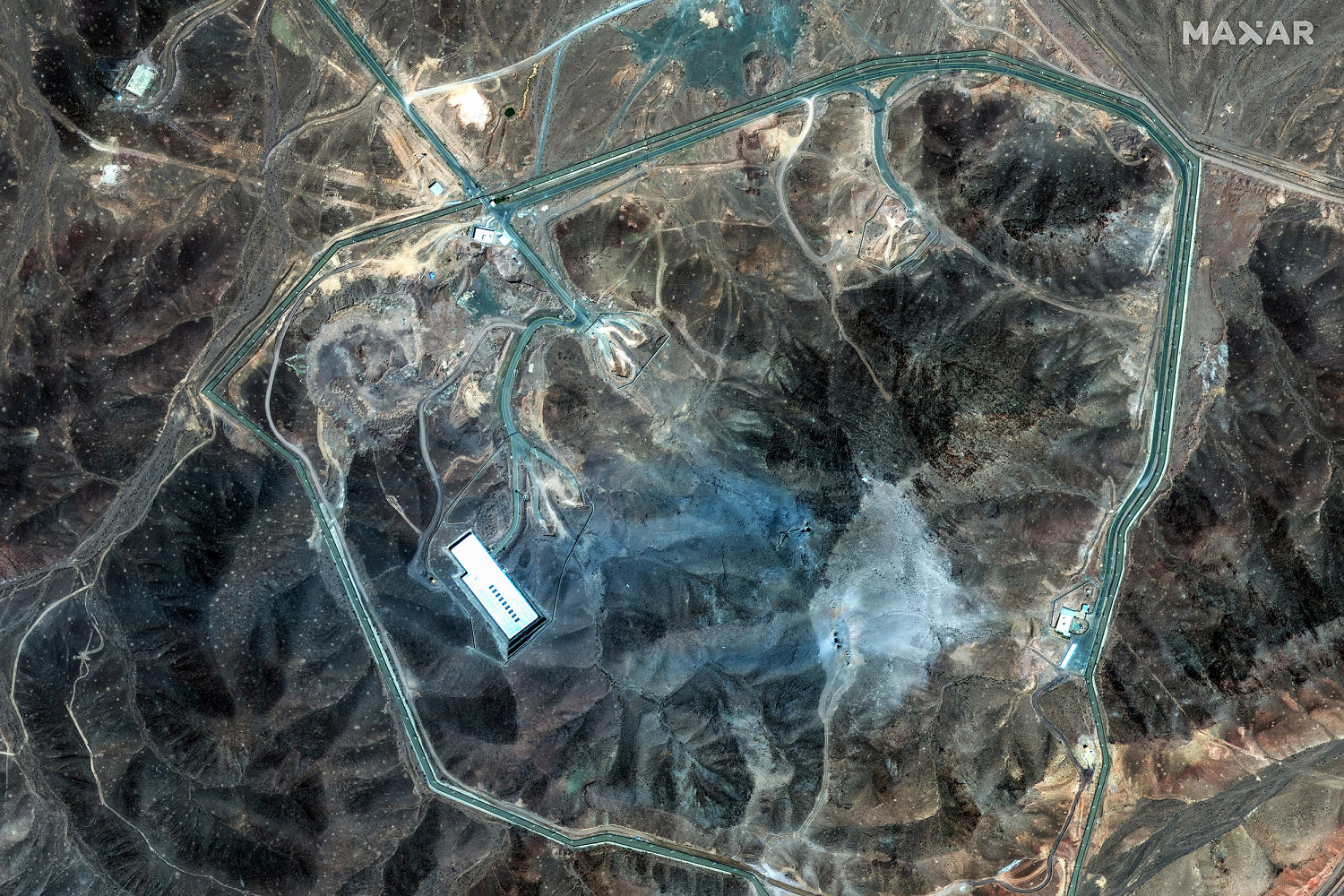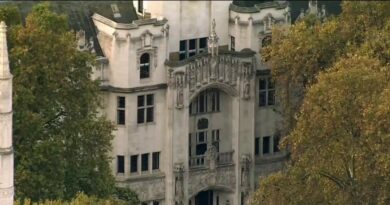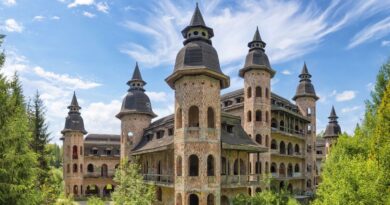Trump claims ‘obliteration’ of Iran’s nuclear sites but uncertainty over missing uranium

But Jeffrey Lewis, an American expert in nuclear nonproliferation and a professor at the California-based James Martin Center for Nonproliferation Studies, said on X that he was “unimpressed” by both the U.S. and Israeli strikes on Iran because they “failed to target significant elements of Iran’s nuclear materials and production infrastructure.”
Iran’s highly enriched uranium “was largely stored in underground tunnels” near the Isfahan site, he said. But despite extensive American and Israeli attacks on the facility, he said, “there does not seem to have been any effort to destroy these tunnels or the material that was in them.”
He added that there had been “no effort to strike the enormous underground facility next to Natanz where Iran can make more centrifuges and maybe do other things.”
Satellite images taken two days before the strike on Fordo also showed 16 cargo trucks on an access road leading up to the complex. Released by Maxar Technologies, a U.S. defense contractor headquartered in Colorado, pictures taken the following day show the trucks had moved away from the site.
Tehran is also signalling that its intent to achieve nuclear weapons is undimmed, maybe even strengthened. “Even if the nuclear sites are destroyed, the game isn’t over,” Ali Shamkhani, a top political, military and nuclear adviser to Supreme Leader Ayatollah Ali Khamenei, wrote on X on Sunday. “Enriched materials, indigenous knowledge, political will remain.”
An assessment by FilterLabs, which uses artificial intelligence and experts to monitor social media, also suggests that Iranians believed that they would not have been attacked if the country had a nuclear weapon.
“What we have started to see in the last few days is actually Iranians say this is the reason why we should have a nuclear weapon,” FilterLabs founder and CEO Jonathan Teubner told NBC News on Monday. “That if they had one, they would be more protected.”
“The fundamental reality remains that military action alone can only roll back the programme by degrees, not eliminate it fully,” Darya Dolzikova, a senior research fellow at the London-based Royal United Services Institute think tank, said in an op-ed Sunday.
The success of the American attacks, particularly at the Fordo plant, “is not immediately apparent,” she wrote. “Imagery can’t show much about the damage down at the centrifuge enrichment hall, so the U.S. and Israel will be relying heavily on intelligence from inside the Iranian system.”
But even if the destruction was widespread, “Iran retains extensive expertise that will allow it to eventually reconstitute what aspects of the programme have been damaged or destroyed,” she said.
“The Iranian nuclear programme is decades old and draws on extensive Iranian indigenous expertise. The physical elimination of the programme’s infrastructure — and even the assassination of Iranian scientists — will not be sufficient to destroy the latent knowledge that exists in the country.”





